Preserving our unity: Queer Nightlife and Covid-19 (Part I)
Learn more about Mimi Tempestt and Will J.
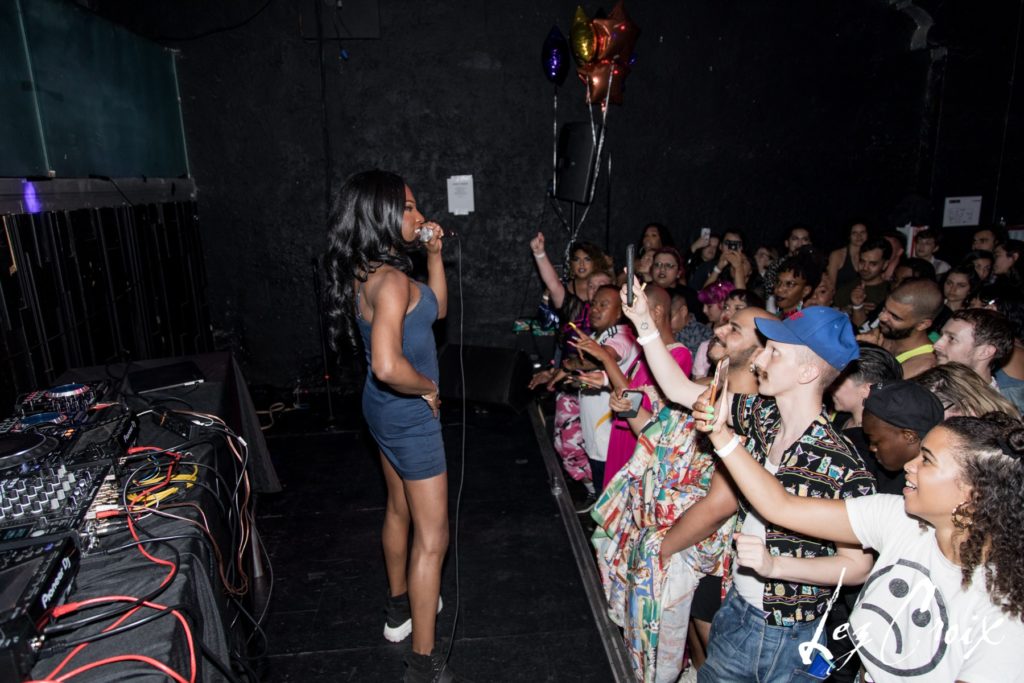
“I miss dancers so much, to be quite honest. I miss seeing people let loose and be free, even if it’s just [until] last call.”
—Your Muther, DJ, co-founder/producer and promoter of Homoccult, Lez Croix and the late San Francisco-based party Queerly Beloved
It already seems like a distant memory, or a dream: the nights we spent sweating on crowded dance floors, moving our bodies collectively, and reveling in the freedom of our identities.
For queer people in nightlife, coming together means way more than bodies in a room, whether we can spread them six feet apart or not. Our culture is where we conduct business, connect with our chosen families, utilize our energies and create community. Historically, queer nightlife has been a social and cultural safe haven for many walks of life, enabling queer communities to continue fighting battles of past and present. Our community is more than a performance space for underground subcultures: it is where countless bodies connect, seek solace, and attain peace—together.
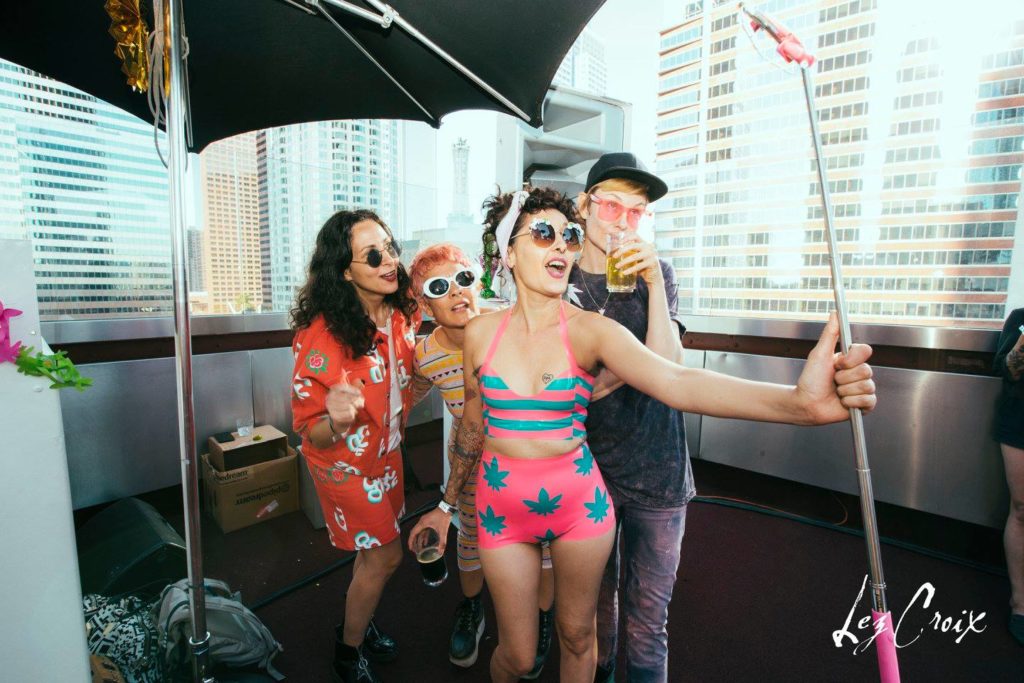
But the pressure of COVID-19 presents new economic, physical, and mental hardships, compounded by an uncertain future. As people around the world grapple with this new reality, queer bodies have been particularly affected. This unprecedented event has brought a new urgency to how we connect with and listen to our peers.
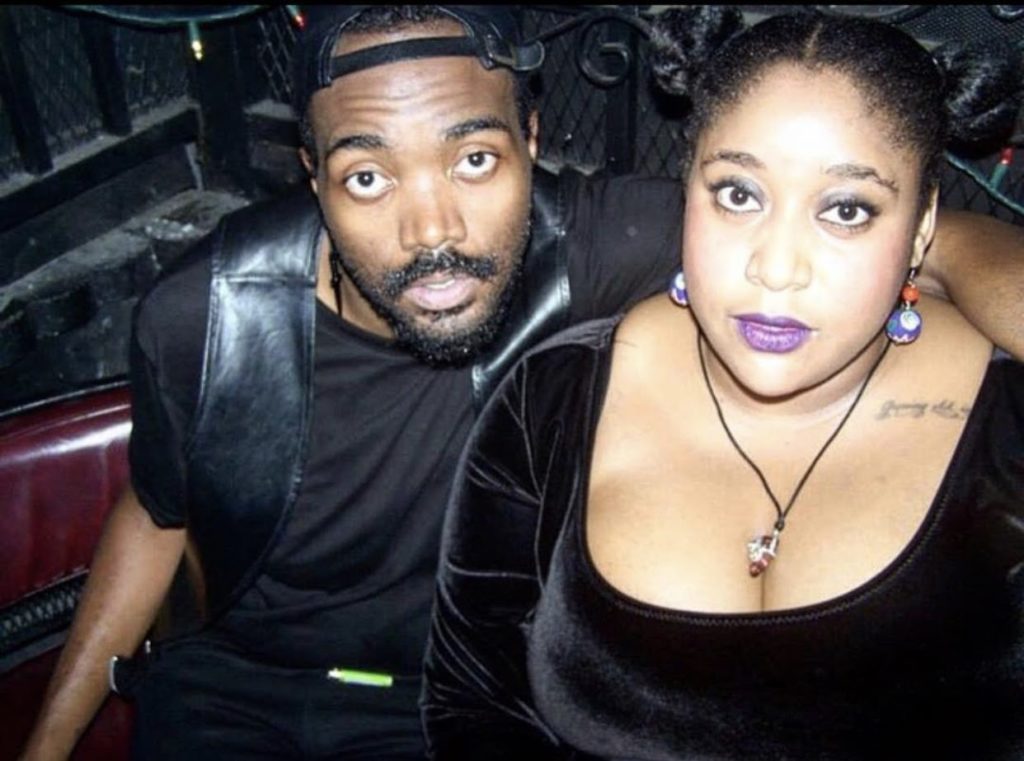
As Los Angeles natives, a sense of pride comes from being part of something bigger than the hood you grew up in. You feel it when you connect to other people who come here looking for acceptance and authenticity. As artists, organizers, and queer nightlife activists, we have seen firsthand the need for connection and community amongst the many different faces of our scenes.
“We want to give thanks to the legacies of LA nightlife (Mustache LA, Arena & Circus Disco, Jewel’s Catch One…) who created our scene. They taught us the importance of holding space for our community through art, music, and connecting with one another.”
– Will J.
For this series, we interviewed DJs, party promoters, artists, safe-space activists, patrons, venue owners/managers, and performers from around the globe, asking how their lives and communities were functioning and navigating through the pandemic. Interview conversations ranged from very personal reflections, to a rising wave of community activism and struggles for representation—unified by the energy, desire and need to connect.
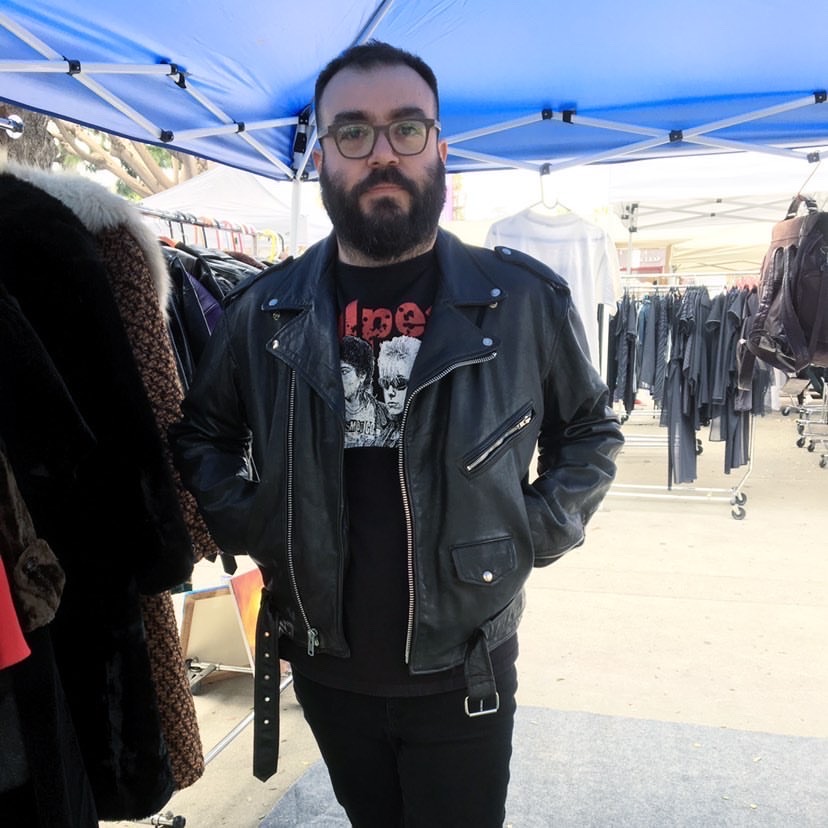
“I have lost all sources of income. My life is dependent on clubs, live music events, and art events. As of March 13th, every event I had been working on for months was cancelled and/or postponed. I have applied for many different forms of aid, grants and unemployment. I have received nothing so far.”
—Rudy Bleu, resident, content producer and creator of Los Angeles’ Club Scum, manager of artists including San Cha, Romy, Aaron X Marco, and MX-based erotic artist Carlos Rodriguez
As unemployment rates skyrocket throughout the United States, LGBTQIA organizations nationwide have fought to secure funding for queer people and other marginalized communities. This response, although relatively expedient, is not yet economically sufficient for all those in need. COVID-19 has halted “business as usual” in queer nightlife—and made it even more essential to amplify the voices of the communities most affected.
Rudy’s economic concerns are felt across gender identities and sexualities in the queer community, but for queer trans women, especially trans women of color, the current crisis further exacerbates already-extreme issues.
“As a queer trans woman, I heavily relied on nightlife to support myself as conventional jobs in retail have such a mental tax, due to existing prejudices and discriminatory attitudes towards Queer and Trans People of Color. Even though people have been able to adapt to the virtual nightlife realm, [it’s] a real exposure to the financial disparities…not everyone has access to the necessary resources for this shift (private space, equipment, etc). I’ve been able to manage off of mutual aid, however government financial aid has been so inaccessible and difficult to connect to.”
—Los Angeles trendsetter and trans stripper Daphne Von Rey
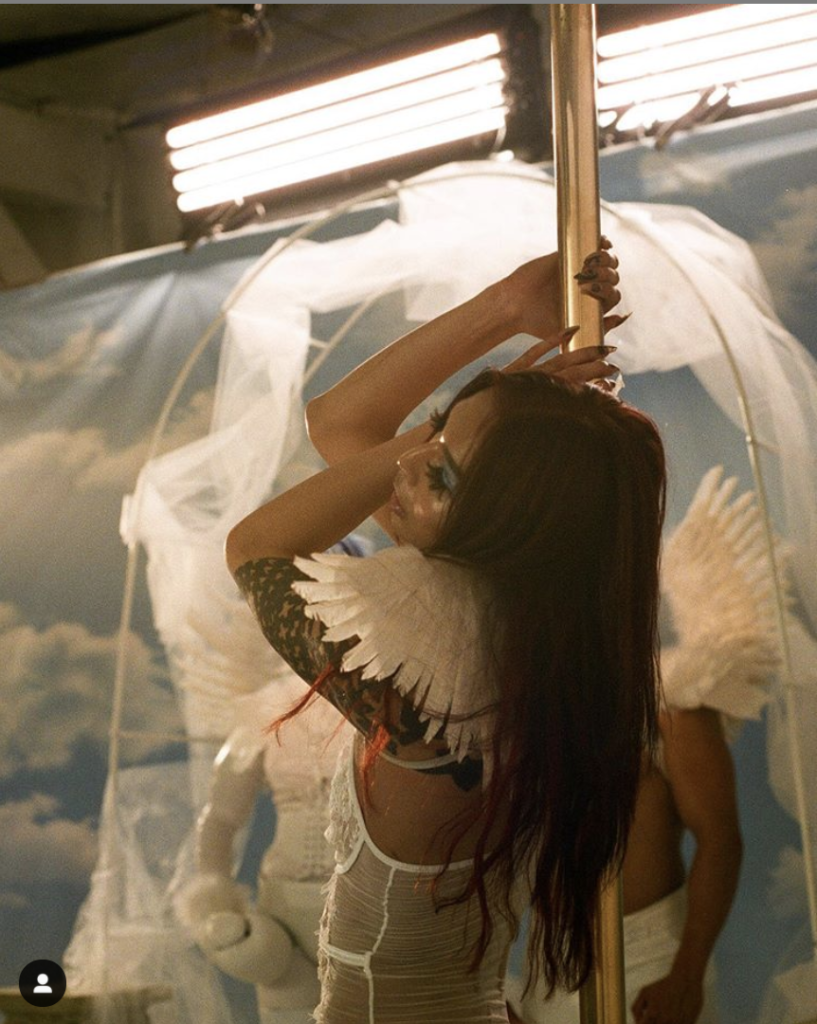
Working between Los Angeles and NYC, DJ Bapari echoes Von Rey’s focus on mutual aid and community resilience:
“I think there has been a great deal of support within the community. With events adapting and using their platforms to continue to organize and stream events digitally, it shows people still want that sense of togetherness. Off of that, I’ve seen a lot of generosity with donations via these streams for performers/DJs etc. … [and] mutual aid networks between peers in this time. ”
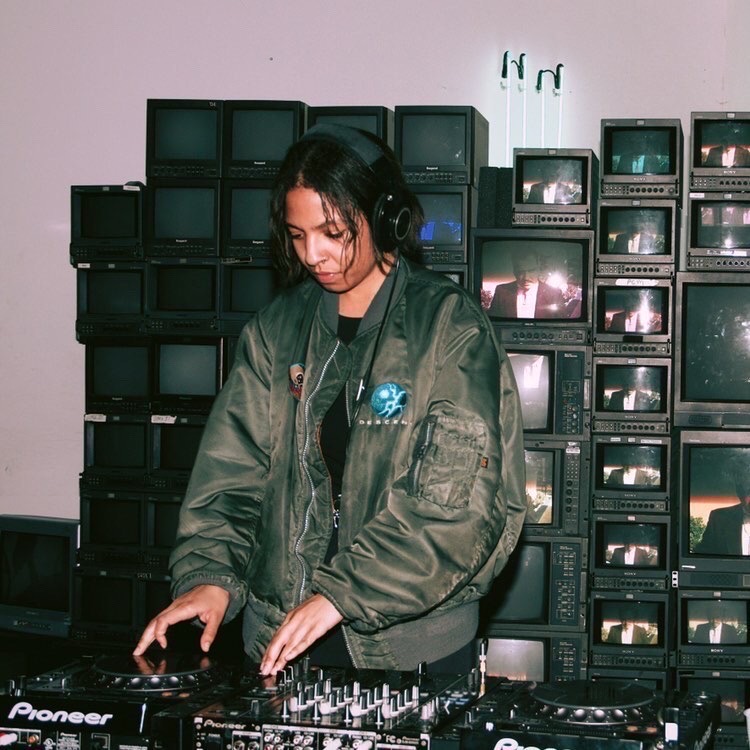
But while community solidarity, through mutual aid and other channels is crucial, it is still not enough. Systematic changes and considerations are necessary to ensure queer communities’ access to aid and resources.
Los Angeles-based drag queen and nightlife activist Miss Barbie-Q is fighting for financial and resource equity for trans, intersex and gender noncomforming people.
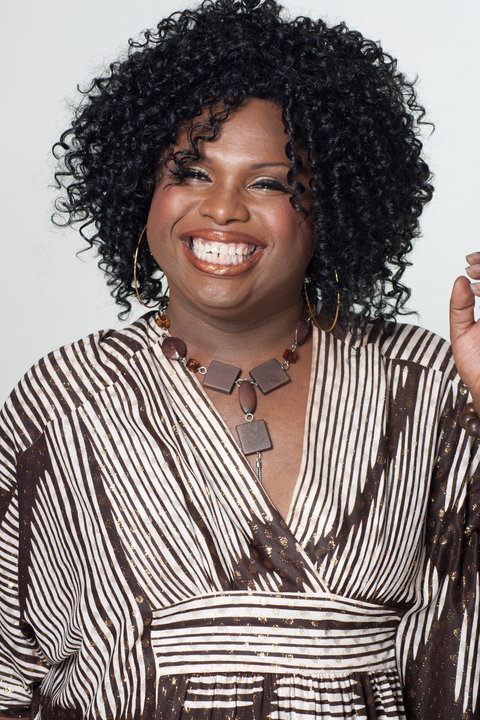
In late April, Barbie-Q and GenderJusticeLA launched the hashtag and petition #InvestInTransLives, shedding light on the misallocation and lack of funding from the California state government. Miss Barbie-Q explains:
“[#InvestInTransLives] is a coalition of ‘TGI’ groups, ‘TGI’ meaning trans, gendernonconforming, and intersex groups, specifically geared towards POC TGI groups that are looking for funds through the government and [California Governor, Gavin] Newsom. We are trying to make sure that funds are not only going towards us, but going towards trans-led organizations. Sometimes we’ll get [money] through a fiscal sponsor, but if they’re not trans-led, they will give you all these hoops to jump through just to get that money. In the beginning, we were in Newsom’s ear about making sure that funds go to TGI organizations—and now they’re not answering our phone calls.”
Although queer nightlife is indeed a financial means of survival for many, it transcends that function, providing various forms of connectivity. Nightlife creators have responded to crisis in both the real and virtual worlds, developing resources, digital spaces, GoFundMe’s and community support links, keeping queer establishments alive and reflecting the consistency and resilience of queer community.
DJ and producer Boston Chery highlights the new virtual gathering spaces building community for those trapped within quarantine: “Club Quarantine and Papi Juice are bringing queer parties to life during this time—so grateful for them. I think the fire of the queer nightlife is in good hands. There has been so much support and uplifting, both [in] nightlife and in general.”
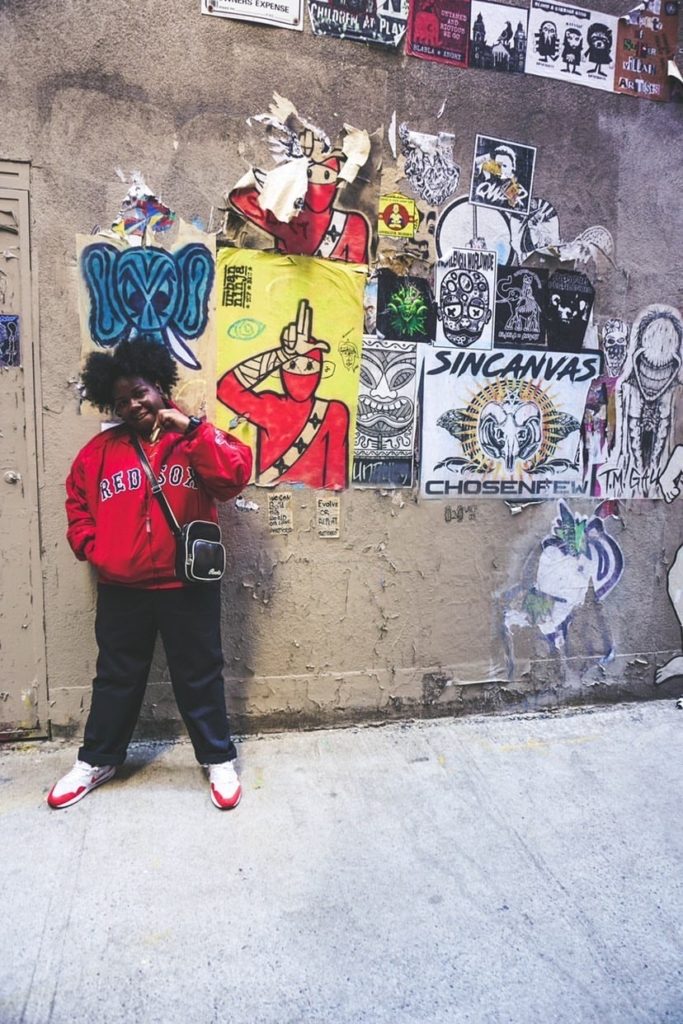
There is more work to be done. But we are actively moving through this time of COVID-19 with hope in our hearts, reaching out to keep our communities together. In that spirit, please share your stories and experiences! They are all valid and so vital for other queer people—and anyone in nightlife—amidst these chaotic times. All of our participants shared their experiences with their own narratives, viewable in full here. We are continuing to gather experiences to keep this project going, searching for queer nightlife individuals who play active roles in their areas’ communities.
Please reach out via queers.in.covid@gmail.com.
Mimi Tempestt is a Los Angeles native based in Oakland, CA, and a scholar, creative artist, and queer community activist. @thegoddessmimi
Will J. is a Los Angeles native, community organizer, queer creative, innovator, and member of Los Angeles Nightlife Alliance (LANA). @willyouarenot
